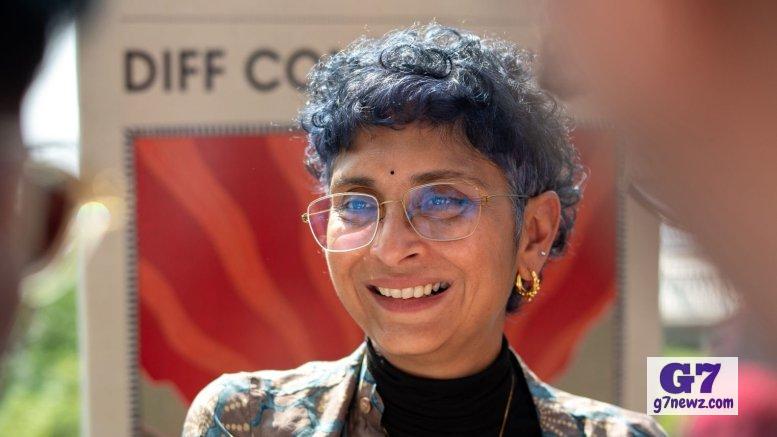Filmmaker Kiran Rao talked about the growing challenges of making and distributing indie films in India during the 14th Dharamshala International Film Festival (DIFF).

Talking about India’s official Oscar entry, “Homebound,” Rao acknowledged that the palette of the audience has “definitely broadened” in recent times as various streaming platforms are taking films to a wider set of audience.
However, the revered filmmaker also wondered if the same audience is willing to pay to watch these films.
“Will you reach into your pocket for 150 rupees to go watch a Homebound or Sabar Bonda – that is the defining thing for us as filmmakers. Why do we always make these films if we do not have an assured audience? Is it really worth putting time, money, and effort into making these films? And that drives me crazy all the time,” the ‘Laapataa Ladies’ maker shared.
Rao has been an advocate of indie films for more than a decade now. She has also been associated as an Executive Producer with several acclaimed titles.
The ‘Dhobi Ghat’ maker stressed that there are more opportunities for filmmakers today, but “a real gap in the distribution of independent films”.
“It’s a blind spot in the film ecosystem – we will never know the extent of the audience until we plug this gap… We all love the in-theatre experience, hearing filmmakers talk about their process, watching films together. We’re tired of watching films alone in our rooms. But the theatrical option just isn’t open to most people. That’s the reality,” Rao pointed out.Online movie streaming services
Previously, during an exclusive conversation with Media, Rao shared that she has high hopes for “Homebound” in the Oscars.
She told Media, “I have great hopes for ‘Homebound’ this year. I think it’s a great choice of film to have sent. A film that would resonate with the voters. I think it’s also a question of, you know, there’s a whole ecosystem around the Oscars. And for us to actually plug into that, we need a certain kind of understanding of distribution, of how films actually go through the Oscar route. And we don’t make films thinking of that. We make films thinking of our audience and of the ideas that we want to share, the issues that we feel are important”.




